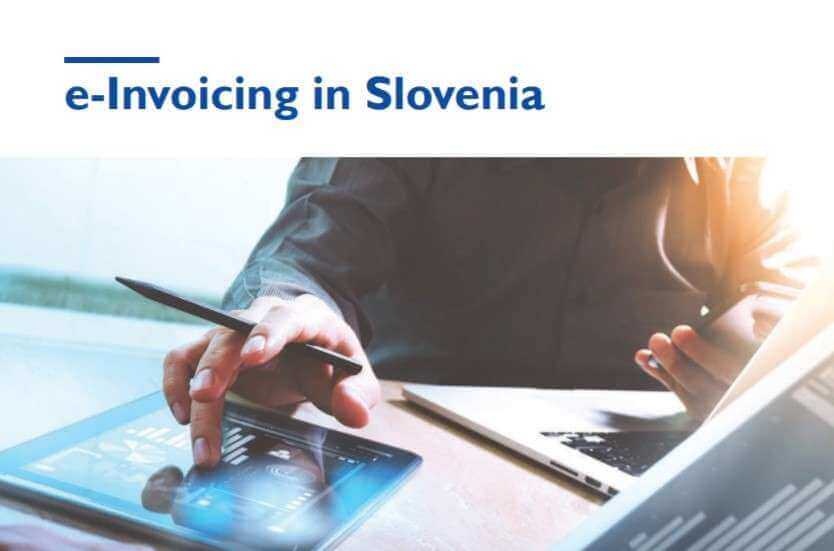Government Approves the ZIERDED Draft Act
The Government of the Republic of Slovenia has approved the updated draft of the Act on the Exchange of Electronic Invoices and Other Electronic Documents (ZIERDED) on 23 July 2025 and submitted it to the National Assembly.
The draft introduces the mandatory use of e-invoices in business transactions between all business entities in Slovenia, aiming to accelerate the transition to electronic business. This is expected to simplify operations and reduce costs associated with issuing invoices. Budget users have already been required to use e-invoices since 2015 under the Act on the Provision of Payment Services for Budget Users, which aligns with EU legislation. Under the new proposal, the obligation to exchange e-invoices would extend to all business entities registered in Slovenia, not just budget users and public procurement entities. For many companies, therefore, the law will not bring significant changes.
For individuals, the draft act introduces no changes – companies would continue to issue paper invoices to consumers, unless a consumer explicitly consents to receive an e-invoice and agrees to with the company. Consumers would also retain the right to withdraw such consent at any time and request paper invoices again.
The obligation to use e-invoices in all business transactions in Slovenia would come into effect on 1 January 2028. Since the economy is already strongly oriented toward digitalization and the issuance of e-invoices, this regulated obligation is expected to have positive effects. Until now, many companies not covered by existing regulations have not been required to issue or receive e-invoices in their business relationships.
Key Highlights of the Latest Draft
- The act regulates the exchange of e-invoices and other electronic business documents (e.g., orders, delivery notes, delivery notifications) between all business entities and consumers.
- e-SLOG is defined as the primary standard for the exchange of e-invoices and e-documents. Other standardized formats may only be used if contractually agreed upon between the issuer and the recipient.
- If the issuer and the recipient use different standards, the issuer must ensure a reliable conversion of the e-invoice or e-document into the standard used by the recipient.
- For sending e-invoices and e-documents to consumers, both parties must explicitly agree in advance. In such cases, a visualized version of the document must also be attached.
- Business entities may exchange e-invoices and e-documents through e-invoicing service providers, via the PEPPOL network, or directly between themselves.
- The exchange of e-invoices via email will not be allowed.
- All e-invoicing service providers must be registered, meet specific technical and organizational requirements, and be listed in the official registry of providers.
- The Financial Administration will provide a free application for issuing and receiving e-invoices, intended for small volumes of issued and received invoices.
The draft act will now be discussed in the National Assembly of the Republic of Slovenia. If adopted, the preparation of implementing regulations and technical guidelines will follow, specifying in detail the obligations for companies, e-invoicing service providers, and public institutions.

